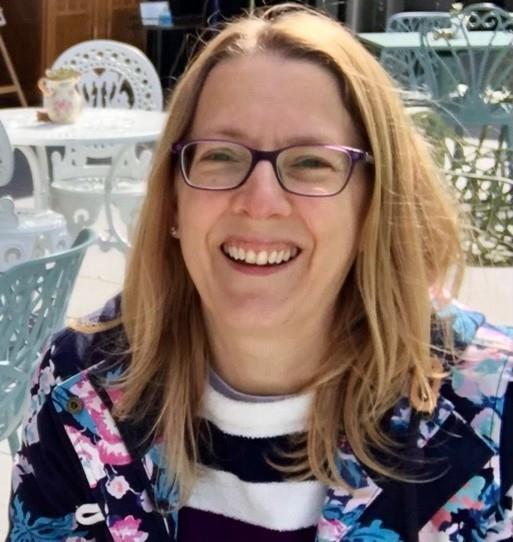I WOULD like to think that I am realistic about the low level of Christianity at the Church of England’s General Synod. But even I was shocked at the arrogance with which members voted down an amendment at the February meeting in Westminster to ‘reaffirm the value of marriage, especially when loving, as providing the most stable and permanent environment for bringing up children’.
The amendment was moved by Dr Julie Maxwell, a lay member for Winchester Diocese, during the debate last Sunday on the Love Matters report by the Archbishops’ Commission on Families and Children.
Dr Maxwell said: ‘As a community paediatrician for 22 years, I support children with developmental, behavioural and mental health difficulties. In many of these cases, family breakdown or instability is a contributing factor. The need to improve the health of our children has never been such a priority and supporting and stabilising families is one very important factor. A report published in November by NHS England found that 20.3 per cent of eight- to-16-year-olds had a probable mental disorder in 2023.’
Dr Maxwell wanted the statement in the report that ‘marriage is still viewed by many as a positive option, especially if there are children’ beefed up by the Christian concept of marriage as a commitment that transcends subjective feelings of love and happiness.
She concluded: ‘I remember once talking to some single mothers and they didn’t want their children to feel stigmatised but equally they did not want their children to experience what they had and they wanted them to go on to have successful marriages. Parenting is hard for all of us, especially for those doing it alone or in other difficult circumstances. We need to consider carefully how we can practically show compassion and support for all families whatever their situation whilst acknowledging the role that the commitment of marriage plays. In particular, we need to think about the next generation who deserve to understand the value and importance of marriage for their futures.’
Instead of heeding the doctor, the Synod listened to the Reverend Jo Winn-Smith, chaplain to the Bishop of Guildford. She said: ‘The phrasing of this particular amendment is going to have unintended consequences as to who it hurts by putting this extra emphasis which an already excellent report does not have for good reason. There are groups of people that are going to be hurt by this statement when it is heard by the greater public.’
Among those who could be damaged by Dr Maxwell’s amendment, she argued, were adopted children ‘whose lives have been utterly transformed and they happen to be in homes where they have a same-sex Christian couple who long to be married but cannot because they respect what the Church of England is currently saying.
‘Are we saying that these vulnerable children, who the social services are amazed at what has happened to them, how their lives are transformed, are in a second-best place?’
She concluded: ‘Christ called together a church that was going to be based on a family of grace, not one of blood-lines, not one of legal relationship related to patriarchy and inheritance. We’re called to be in a wonderful family . . . of huge variety and it is not based on simply religious privilege or legal opportunity owing to our financial background.’
Mrs Winn-Smith’s speech was greeted with rapturous applause in the chamber. Dr Maxwell’s amendment fell in a vote requiring a majority in each of the three Houses of Synod. Eight bishops voted for it, eight against; 61 clergy for, 81 against; and 74 laity for, 84 against.
Read it all in The Conservative Woman










